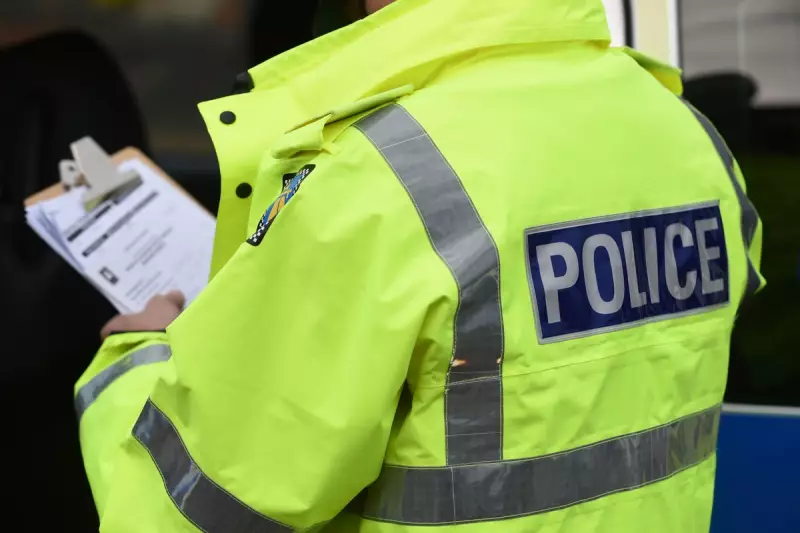
A shocking report from Her Majesty's Inspectorate of Constabulary and Fire & Rescue Services (HMICFRS) has exposed critical failures in how UK police forces record criminal offences, revealing that approximately one in ten reported crimes are never officially documented.
The watchdog's comprehensive inspection found that police are failing to record an estimated 200,000 crimes each year across England and Wales. Even more alarmingly, the report highlights that this includes serious violent and sexual offences that are being overlooked by current systems.
Systemic Failures in Crime Documentation
According to the damning findings, the failure rate has shown no improvement since the last inspection in 2019. The report identifies several key areas where recording practices are particularly poor, including crimes reported directly to public protection units and those involving vulnerable victims.
His Majesty's Inspector of Constabulary, Wendy Williams, stated: "The fact that so many crimes are going unrecorded is deeply concerning. It prevents forces from understanding the true nature and scale of crime in their areas, and ultimately means that victims are being failed."
Vulnerable Victims Most Affected
The inspection revealed that crimes against vulnerable victims, including domestic abuse cases, are disproportionately affected by poor recording practices. This systemic failure means that crucial patterns of offending behaviour may be missed, potentially putting more victims at risk.
Forces are also failing to properly record crimes that are linked together, meaning that serial offenders might not be identified as quickly as they should be. This gap in intelligence gathering represents a significant public safety concern.
Call for Immediate Reform
The watchdog has called for urgent action from police leaders to address these critical shortcomings. Recommendations include improved training for call handlers and officers, better supervision of crime recording decisions, and the implementation of more robust auditing processes.
The report serves as a stark reminder that without accurate crime data, police forces cannot effectively allocate resources or develop targeted strategies to combat criminal activity in their communities.





